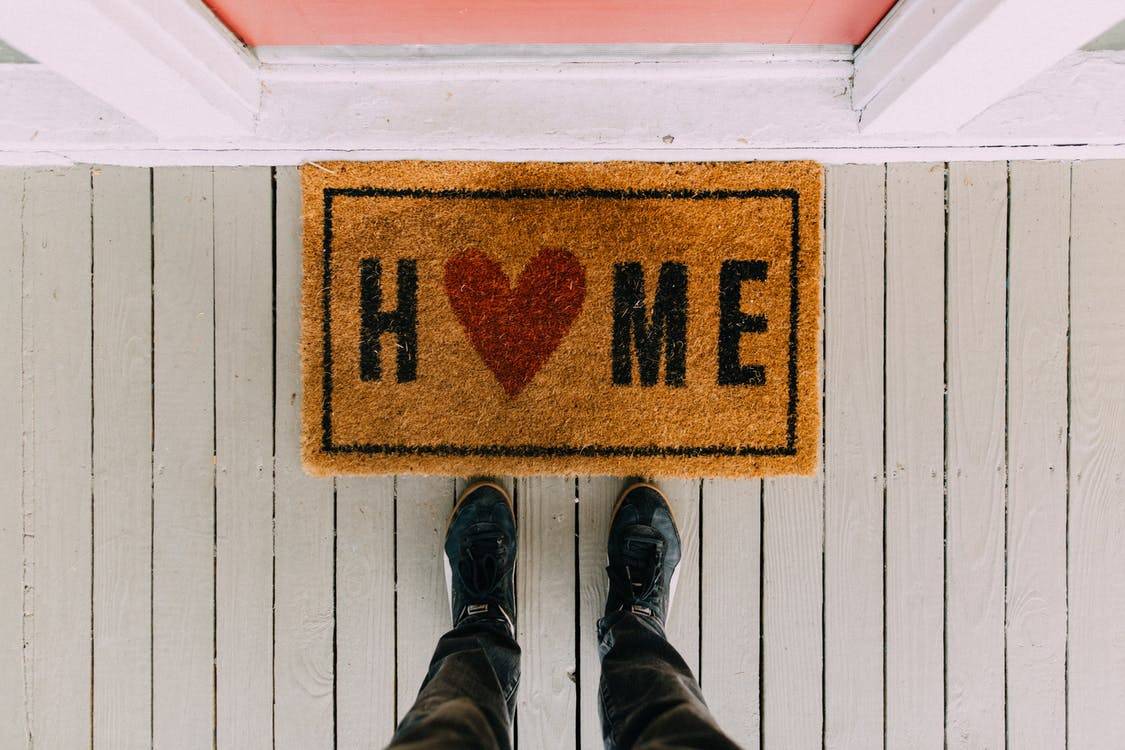Pros and cons surround Reverse Mortgages; they are advertised on television as a way to help a senior stay in their home by putting equity to good use. Since 2020 and Covid-19 has put quite a spin on things, it is good to have a sense of peace knowing retirement funds are safe.
Many people dream of the day they can retire when they can hang up their tools and officially say they are done. Having more time to spend with money and friends and doing stuff they enjoy, but this dream is a nightmare for so many people. The cost of living goes up, and an age pension may not be enough to cover the future. This is where Reverse Mortgages can help.
Homeowners have the opportunity to tap into their savings without needing to sell their home.
What is a Reverse Mortgage?

In simplest terms, a Reverse Mortgage is a mortgage in reverse. With a traditional mortgage, you borrow money upfront and pay the loan down over time. A Reverse Mortgage is the opposite – the loan is accumulated over time and paid back if the homeowner is no longer living in the home. Any equity remaining belongs to the homeowners and the subsequent inheritors.
The idea of a Reverse Mortgage may come with some anxieties and misconceptions; for example, will the senior be forced out of their home? However, this is not the case; with a reverse mortgage, there is a guaranteed lifetime occupancy. The equity does not need repayment until the property is vacated.
Another query is wondering who truly owns the home when it is used for equity. The answer is the homeowner; the homeowner remains so, and they continue to benefit from any increase in property value.
Are there going to be any shock letters asking for repayment when they are least expected? No, there is not. There is a lot of flexibility to pay the loan back in the homeowners own time without a penalty or after they have left the property.
There is also a no negative equity guarantee; the homeowner cannot end up owing more than the home is worth, regardless of its value.
It may seem a bit too good to be accurate, and there are some negatives with a reverse mortgage; for example, the loan balance may increase due to interest. However, it is good to remember that this is the case with most loans and mortgages. Sometimes it’s best to weigh out if the ends justify the means. The primary responsibility that the home wonder has is to make sure the home stays in good condition.
So, why is a Reverse Mortgage beneficial; it’s a unique financial system where the benefits outweigh the cons. Homeowners have less stress and feel freer to live the life they want. With COVID -19 stirring the pot, it is good to have the worry of the future and retirement at bay, and there are no strings attached.

